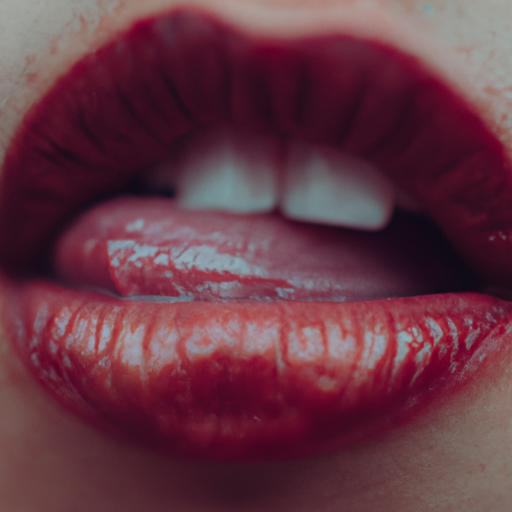As a dermatologist, I often encounter patients who are plagued by the discomfort and unsightliness of chapped lips. This common condition, also known as cheilitis, is characterized by dry, flaky, and sometimes painful lips. While it may seem like a minor inconvenience, it can significantly affect a person’s quality of life. In this article, we will delve into the causes behind chapped lips and offer some practical solutions.
The skin on our lips is thinner and more delicate than the skin on other parts of our bodies. It lacks the protective outer layer (stratum corneum) and oil glands that keep the skin moisturized. This makes our lips more susceptible to environmental factors that can cause dryness and cracking.
One of the most common causes of chapped lips is exposure to harsh weather conditions. Cold, windy weather can strip away the natural moisture from your lips, leaving them dry and cracked. Similarly, exposure to the sun’s harmful ultraviolet rays can also lead to chapped lips. This is why it’s essential to protect your lips by wearing a lip balm with SPF, especially during summer or winter months.
Dehydration is another major culprit behind chapped lips. When your body is dehydrated, it affects all your organs, including your skin. Your lips can become dry and cracked due to lack of moisture. Therefore, it’s crucial to drink plenty of water throughout the day to keep your body and your lips hydrated.
Certain medications can also cause chapped lips as a side effect. For example, drugs used to treat acne, high blood pressure, or allergies can often lead to dryness in the mouth and lips. If you suspect that your medication might be causing your chapped lips, it’s important to consult with your doctor or pharmacist.
Lifestyle habits can also contribute to chapped lips. For instance, habitual lip licking can exacerbate dryness since saliva evaporates quickly, leaving the lips drier than before. Similarly, smoking and excessive alcohol consumption can also lead to dry, chapped lips.
Finally, chapped lips can sometimes be a symptom of underlying health conditions. Certain vitamin deficiencies, thyroid disorders, and autoimmune diseases can cause persistent dry lips. If your chapped lips persist despite your best efforts to treat them, it may be a sign of a more serious issue that requires medical attention.
So, how can you prevent and treat chapped lips? The first step is to keep your lips moisturized. Use a lip balm that contains emollients like beeswax or shea butter, which create a protective barrier on your lips and lock in moisture. Look for lip balms with SPF to protect your lips from sun damage.
Stay hydrated by drinking plenty of water and using a humidifier in your home, especially during the winter months when the air tends to be drier. Avoid licking your lips and try to break any habits that can contribute to dryness, such as smoking or excessive alcohol consumption.
If your chapped lips persist despite these measures, it’s important to consult with a dermatologist. We can help identify any underlying causes and provide appropriate treatment. Remember, your lips are an important part of your skin and deserve the same care and attention as the rest of your body.



